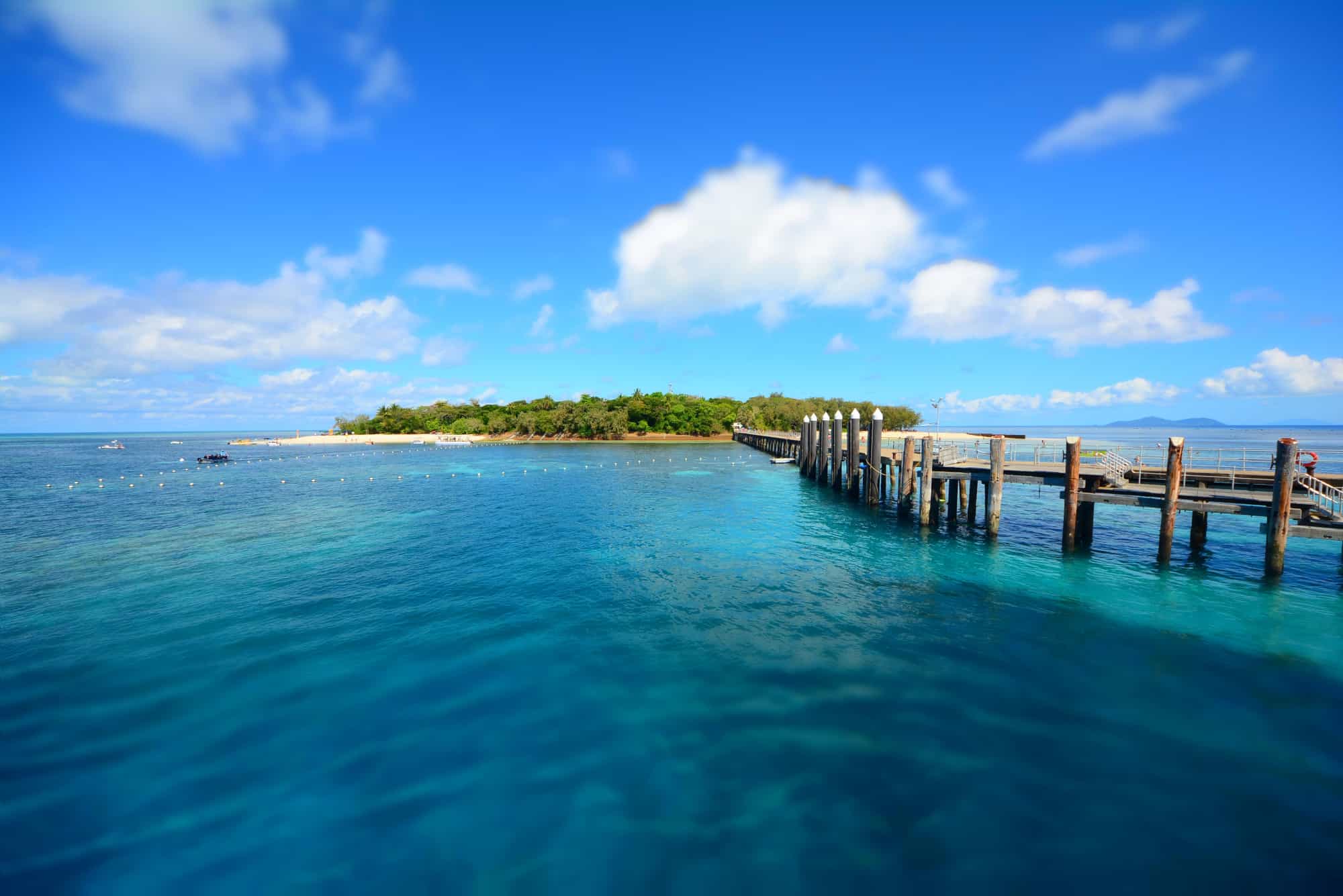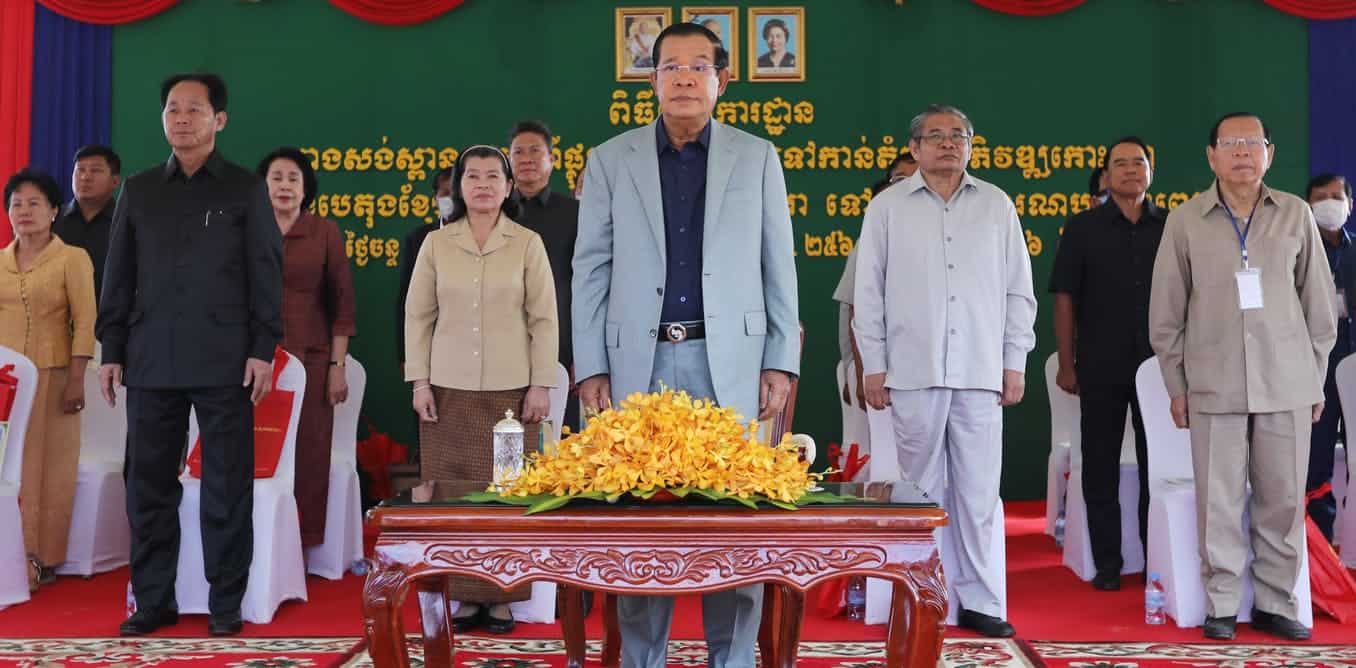

L'etat, c'est moi: Cambodian prime minister Hun Sen runs a one-party state. EPA-EFE/Mak Remissa
Rhona Smith, Newcastle University
If you are simply going on the number of political trials in Cambodia at the moment, the country would seem to be politically unstable – a hotbed of unrest. Hundreds of people are on trial for incitement, conspiracy, and violence endangering the nation. But the prime minister, Hun Sen, who has been in power since 1985, regularly insists that his tenure has been characterised by peace, stability and development – despite internal and external threats. He is the world’s longest-serving head of government.
Stable or not, more than 100 people were summoned to attend Phnom Penh Municipal Court on Thursday November 26 2020 on charges including violence endangering Cambodian institutions (Article 451 Criminal Code), conspiracy (Article 453) and incitement to commit a felony (Article 495). The cases were immediately adjourned until 2021.
This marks the latest event following a series of arrests over the past 18 months of people affiliated with the former Cambodia National Rescue Party (CNRP), raising alarm among civil society organisations including ASEAN Parliamentarians for Human Rights, national organisations, Forum Asia and Human Rights Watch.
Some background is necessary to understand these events, both in terms of the current politics of Cambodia and in terms of the fractured relationship between two of the main players: the country’s prime minister, Samdech Techo Hun Sen, and his long-time antagonist, Sam Rainsy – interim leader of the CNRP.
Cambodia has a bicameral system, with its members of parliament elected to the National Assembly and an upper Senate comprising senators elected primarily by local councillors. Cambodia’s previous local elections in June 2017 brought victory for the ruling Cambodian People’s Party (CPP) but increased gains for the CNRP. The subsequent general election in July 2018 resulted in what is effectively a one-party state, as foreseen.
Following the decision of the Supreme Court to legally dissolve the CNRP, the CPP – led by Hun Sen – won all 125 seats in the 2018 National Assembly election and the 58 seats of the 62-member Senate that are indirectly elected.
Kem Sokha, former president of the CNRP, was arrested and detained in September 2017 (after the successful local elections) on charges of treason and conspiracy with foreign states, notably the USA. His trial commenced in January 2020 and was greeted with concern by national civil society groups and UN special procedure mandate holders. Proceedings were suspended indefinitely in March due to the COVID-19 pandemic.
He was banned from all political activity, as were 118 former senior CNRP figures. “Political activities” is a term accorded a broad scope of interpretation by the authorities in Cambodia.
But history is somewhat more complex – many of those summoned this week were linked to Sam Rainsy, CNRP president, currently in self-imposed exile. Both he and Hun Sen regularly engage in verbal spats, often deploying personal, highly inflammatory rhetoric which, as UN special rapporteur, I have regularly condemned. To understand their fractured and fractious relationship, a little history will help.
Sam Rainsy has been in or on the periphery of politics in Cambodia for most of the modern period. He was first elected as a member of the royalist FUNCINPEC party at the UN-administered elections in 1993. He served as minister of economy and finance before his expulsion a year later. He then founded the Khmer Nation Party – subsequently renamed Sam Rainsy Party – and was reelected in the 1998 and 2003 general elections with his party gaining seats.
In 2005, in the wake of a number of (criminal) defamation charges lodged against him, Rainsy had his parliamentary immunity revoked and he fled. He was tried in absentia, convicted and, following a royal pardon at the request of Hun Sen, he returned to Cambodia in 2006, standing in the 2008 general elections.
This pattern of exile, trial in absentia and pardon was repeated over the subsequent decade. In August 2019, he announced his intention to return to Cambodia in November that year. Aggressive rhetoric and tensions ratcheted up, with authorities denouncing this as a planned coup. CNRP members and affiliates were arrested and many had travel documents revoked. Sam Rainsy claimed he was prevented from travelling to Asia.
At the same time around 70 former Cambodia National Rescue Party associates and members, considered supporters of Sam Rainsy, who had been arrested, were released from detention and Kem Sokha was released from house arrest. Sam Rainsy remains overseas.
It is now two and a half years until the next scheduled general election and less than 18 months before local elections. Commentators such as Sebastian Strangio and David Hutt highlight the continuing crackdown on political opposition while also probing for signs of political weakness in advance of the next elections. It’s an “all time low” for democracy, as the director of the Cambodian Centre for Human Roghts, Chak Sopheap has noted. Indeed it was recently reported that Hun had said there could be no compromise or rapprochement.
The trials are the latest in a long line of proceedings against opposition political actors in Cambodia. Laws on plotting, incitement and defamation are regularly invoked to arrest and detain individuals. Often, individuals are then released from detention under judicial supervision, so neither detained nor charged. Under Cambodian law, release under judicial supervision can be indefinite with charges resurrected years later, contrary to international human rights.
The future for Cambodia’s constitutionally enshrined liberal multiparty democracy is not positive.
Rhona Smith, Professor of International Human Rights, Newcastle Law School, Newcastle University
This article is republished from The Conversation under a Creative Commons license. Read the original article.